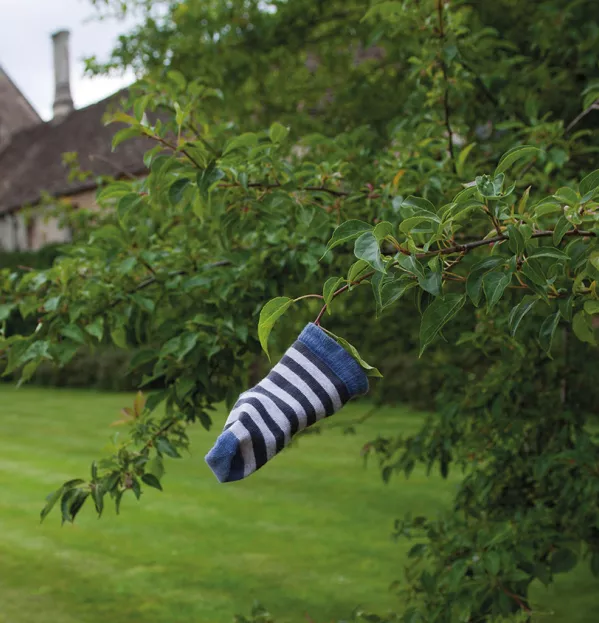I don’t know about you, but I have never led a school trip without scoping it out first. My poor, long-suffering husband and children have visited all manner of museums and historical and cultural places, gone on all sorts of long walks and explored all over so I could see what was what, making the odd quiz or treasure hunt as I went.
My family don’t complain too much and, being a primary teacher and all, I have got the knack of making things interesting down to a fine art. And when you only take your own children, rather than 30-odd of someone else’s, the risks involved in any out-of-school activity are a little easier to mitigate.
I have been known to occasionally change my plans after these visits: they usually involved some sort of precipitous and terrifying cliff and a boy-heavy class of the bouncy sort, at which point my pre-visit role rapidly turned from quiz creation to risk assessment and alternative plan-making. Too many steps and a wheelchair, meanwhile, meant a quick re-route around Whitby, where there are a lot a steps. But most of the time, I tend to carry on, no matter what the circumstances are.
Yet, like every teacher that has ever walked the corridors, I have made adjustments. We all think carefully about which over-excited youngsters to put together in groups and who to keep under our own watchful eye.
That need to protect or guard against mishaps, though, can have downsides. The thought of taking particular children on certain trips can give even the most foolhardy teacher a case of the collywobbles (the cliffs, the cliffs). But every teacher needs to remember they are, in fact, a teacher of every child, and we cannot exclude a pupil from the experience because they have additional needs or a disability.
Failing to create the right support, or suggesting support such as parental attendance on a Year 6 residential, defeats the exercise. It is not a good enough reason to leave them behind.
Casting doubt on the disabled child’s ability to get “much” out of a school trip is not good enough. After all, they only remember details such as the time Robbie lost his sock at the jumping pillow and Kira was sick on the coach.
And, of course, refusing to take a disabled child - whether one with a learning disability or a long-term health condition - is breaking the law.
So yes, let’s do our due diligence and scope out trips, but let’s not exclude on the basis of what we find, or what we expect from a child; let’s strive to find solutions so everyone can take part.
For more details on the duties of schools regarding discrimination, click here.
Nancy Gedge is a consultant teacher for the Driver Youth Trust, which works with schools and teachers on SEND. She is the Tes SEND specialist and author of Inclusion for Primary School Teachers. She tweets @nancygedge
